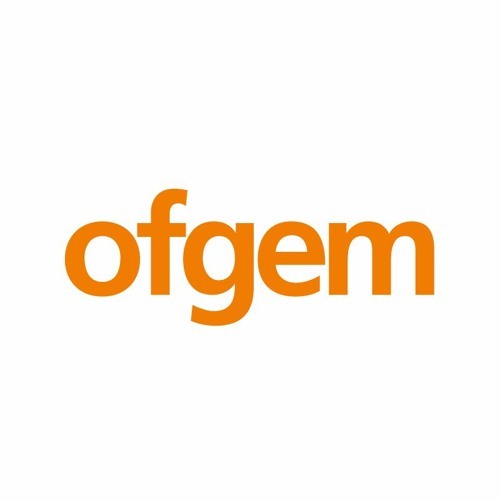Ofgem has finalised the RIIO-ED2 framework, striking a “tough but fair” settlement with distribution network operators (DNOs).
The RIIO-ED2 price control starts in 2023, setting the revenue monopoly network owners can earn from chargers on consumer energy bills.
The framework will drive electricity distribution companies to go further to decarbonise power, transport and heating to help deliver net zero, Ofgem said.
It will also ensure companies use network capacity more flexibly and make the case for any new and anticipatory investment needed to support decarbonisation, for example for electric vehicles.
The regulator will “strike a tough but fair settlement with the DNOS which enables them to go further in decarbonising the economy”, the document states, whilst also ensuring reliability of supply.
The framework is wide-ranging, covering a variety of issues first proposed in the consultation on the Open Letter released in August. Following feedback from stakeholders and DNOs, the framework has remained largely unchanged.
In its open letter, the regulator proposed to consolidate the six RIIO-1 output areas – reliability and availability, environment, connections, customer service, safety and social obligations -into three overarching output categories. These will be meeting the needs of consumers, maintaining a safe and resilient network and delivering an environmentally sustainable network.
The majority of DNOs and stakeholders agreed this would be appropriate, however Western Power Distribution and UK Power Networks in their responses cautioned the approach could result in less clarity.
The length of the price control period – five years, meaning RIIO-ED2 will stretch until 2027 – is to remain the same, with the start and end dates of the distribution and transmission price controls to remain unaligned.
The Network Asset Risk Metric (NARM) is to be applied for RIIO-ED2 as part of a toolbox approach to justifying and assessing network companies’ proposed investments and preferences for chosen strategies.
Many DNOs and wider stakeholders were supportive of NARM while noting concerns with specific elements and/or the funding arrangements that will be needed to address the challenges of climate change, cyber and physical security, and workforce resilience, the document states.
Under the innovation section, Ofgem confirmed it would remove the IRM re-opener, introduce a new innovation funding pot targeting future-facing strategic challenges and retain the opportunity for network companies to receive Network Innovation Allowance funding.
As proposed in the Open Letter, Ofgem will retain full debt indexation for RIIO-ED2, set the baseline allowed return on equity using the same methodology as applied to other RIIO sectors and use either CPI or CPIH for inflation measurement in calculating RAV and allowed returns.
The regulator will also remove the early settlement process for RIIO-ED2, set incentive rates via a confidence-dependent incentive rate approach and use the Business Plan Incentive.
Cathryn Scott, acting executive director for systems and networks at Ofgem, said: “As we decarbonise our society and economy we will increasingly rely on renewables to generate the electricity to power the country, our vehicles and potentially heat our homes too. Electricity distribution networks will be crucial to making this transition to a smarter, net zero emissions economy.
“Ofgem’s stable and predictable regulatory regime will allow companies to attract the investment they need to go further in decarbonising the system whilst saving consumers money by keeping returns as low as possible.”
Following on from the framework decision, Ofgem is to publish a consultation on the sector specific methodologies in summer of 2020. Further detail on its approach will be outlined in that consultation.
The full decision document can be read here.





